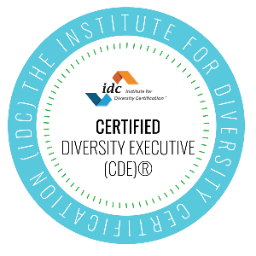7 Ways to Create Economic Inclusion for Minority-Owned Businesses
Inclusive economics is the concept of ensuring that those who are part of historically disenfranchised, marginalized, and disadvantaged communities have the same opportunity to engage in capitalism and successful entrepreneurship.
When people speak about disadvantaged businesses they are usually talking about ethnic-minority, women, LGBTQ+, and veteran-owned businesses. These populations are often challenged in terms of lack of economic inclusion and opportunity.
How do we offer them economic prosperity?
Typically, the reason this disadvantage occurs is because there is difficult access to capital, key networks, experience, mentors, and a business knowledge base.
These are all necessary support systems to launch, grow, and sustain a business. If you are in those disadvantaged communities, you may not have someone in your circle to ask questions to, be coached by, or engage with.
A great metaphor for this is a first-generation college student (someone who is the first person in their family who is going to school or university).
Higher education puts energy into supporting those students because they know that first-gen students often struggle, don’t have parents or siblings who can answer questions, and have general trouble in navigating the scholastic system. Many higher education institutions have addressed that by implementing different support systems, scholarships, and mentorship programs.
This same thing has to occur with minority or disadvantaged business owners. Because they are basically “first generation” business owners.
Without this support, it’s hard to ask the right questions, know the right steps to take, and chart a path for economic success. In the same way I talk about intentionality with diversity and inclusion, we need to be intentional with economic inclusion as well.
The Various Challenges These Business Owners Face
Minority and disadvantaged business owners face a variety of challenges in the marketplace. Some of the most pressing challenges include:
– Lack of access to capital
– Lack of skill access to employers
•If you don’t have the talent available, it makes your ability to grow and facilitate a business even harder
– Lack of ability for businesses to take on sizeable contracts
•Even if the opportunity presents itself, many of these business owners can’t take advantage of the opportunity because they don’t have the bandwidth or the right people, systems, or equipment in place
– Lack of personal and professional networks to provide guidance or growth
•Often for a business to grow, they create joint ventures or collaborations to go after a contract—and many times, these networks are not available for minority-owned businesses
– The general misconception that ethnic-minority or women-owned businesses do not offer the same level of quality as a majority-owned competing business.
•Often, this is the bias we have as a society
7 Ways to Combat The Challenges that Disadvantaged and Minority-Owned Businesses Face
The issues I’ve shared in this article are real and make the state of minority-owned businesses very vulnerable. To approach this vulnerability requires a level of intentionality. We have to realize that the responsibility for this rests on three parties: the actual minority business owners, the general consumers, and the corporate community. Here are seven important things these parties must do:
1. Educate ourselves on the WHY
We must dive into why is it important for us to care about this topic. There needs to be purpose and benefit for us to support minority-owned businesses. The purpose is in the economic benefit.
Minority-owned businesses in America account for 1 trillion in gross receipts – and the last time I checked the stats – they support 7-8 million jobs. That’s a real significant source of economic growth in America and provides an incentivized WHY for the business owners, consumers, and corporations to get involved with economic inclusion.
2. Don’t speak in a shaming attitude
We do not want this to come across as shaming or to make anyone feel bad.
This conversation is meant to bring awareness. Shaming is counter-productive. But, we do need to help people feel knowledgeable about the benefit of minority-owned businesses so they can get on board (and create buy-in “because of”, and not “in spite of”).
3. Minority communities need to invest in themselves and recognize their own strength and value
For whatever reason, minority populations do not have the same level of confidence and boldness about their value that majority counterparts do. I think that does a disservice – we need to make sure that we’re coupling bold business leadership with the right knowledge needed.
It is already so hard in terms of competing in the marketplace, so minority and women businesses have no room for error. We really need to hone our craft and our trade. We must stay up to speed on the latest knowledge, new technologies, and work on our business acumen. Just because you start a business and become an entrepreneur, doesn’t mean you have the acumen to grow and sustain the business. They are skills that must be learned and developed.
And once that business owner develops more skills and capability, their confidence in their own strength and value can grow. I find a lot of disadvantaged businesses are in a rut where they are always working IN the business, and this leaves no room at all for them to work ON their business. That is a key point because if you’re not focusing on strategic vision and growth strategy, you’re always going to stay where you are.
4. Have Thick Skin and Celebrate The Win
I always tell minority business owners… we probably have to have thicker skin than most.
If you are a women, ethnic, or cultural minority-owned business, something that can help as you strive to grow your business and face challenges is to acknowledge and make the most of small wins.
We often get caught up in the process or sit around waiting for the right big opportunity to happen, rather than inspiring ourselves and taking action. Minority-owned business owners need to strengthen our psyches and celebrate each and every win—big or small. These mini celebrations help to provide self-value and strengthen our mindset.
5. Support and Invest in Each Other
A message we have to send to minority-owned businesses is that they have to invest in each other. We are not exonerated from our part to play in all of this. There’s a lot of conversation in the minority community that minority-owned businesses do not support other minority-owned businesses.
I have the fortune of knowing Maggie Anderson and her whole platform is about supporting black-owned businesses. For one whole year, her family only purchased items and services from black-owned businesses.
If we are not supporting each other, how are we expecting our other counterparts to support us as well? If one of us wins, all of us win. Investing in each other also looks like creating partnerships, collaborating, doing business with each other, establishing mentor/protégé relationships – anytime you can mentor someone who is trying to get to where you are, that certainly creates tremendous value.
6. Support by the General Consumer
In the same way I share that minority-owned businesses need to support each other, the general consumer also needs to support minority and women-owned businesses. Not only does this provide obvious capital and economic benefit, but it provides a social benefit as well. If the consumer had a good experience with that business, they should refer them to someone else. Or, if they didn’t have a good experience, if they are missing the mark, that business owner needs to know – you need to give feedback. You can help improve and solve the problem.
Normal consumers need to be proactive about their own spending habits. Supporting minority-owned businesses makes a larger impact than people realize. As a tip, your local chamber can be a really good resource to learn more. So be more intentional with spending habits and what role you can play as a general consumer.
7. Support by the Corporations
There is an even bigger opportunity for the corporate community to support these businesses. This requires our corporations to be much more innovative in terms of developing strategies to help increase the number of contracts with minority-owned firms.
I happen to work with a lot of procurement leaders who are already doing this work quite well. Where I find the separation between those who are doing well versus those are going through the motions correlates directly with intentionality and creativity. They don’t just let simple inconsequential details stop them from allowing a minority business owner to be in consideration.
Those corporations and businesses are on the pavement, searching for and connecting with those under-represented populations. I equate this to the scenario of—if you’re trying to hire someone for a job and you’re looking to create a diverse application pool—it takes extra thought, intentionality, and effort to deliver upon that. You can’t just post, you must search! Corporations need to be intentional, be diligent, and do the work necessary to create diverse supplier pools
If a lot of employers and businesses in the market are being thoughtful, then you’re going to have a diverse applicant pool from which you can contract. With this, comes new services and innovation, almost like a domino effect. And this will continue to attract talent and corporations to the marketplace.
The Ripple Effect
In the end, there is a ripple effect from the community, consumers, and corporations contributing towards economic inclusion
When you think about the prosperity of a community – we have to be very thoughtful and intentional about the concept of “rising tides lifting all boats”. By supporting economic inclusion, we can build cities and communities that are attractive to individuals who see themselves in this successful and supportive narrative.
By serving and supporting those underserved and minority-owned businesses, we increase the talent and output of the global business community.
The post 7 Ways to Create Economic Inclusion for Minority-Owned Businesses appeared first on Nika White Consulting.














